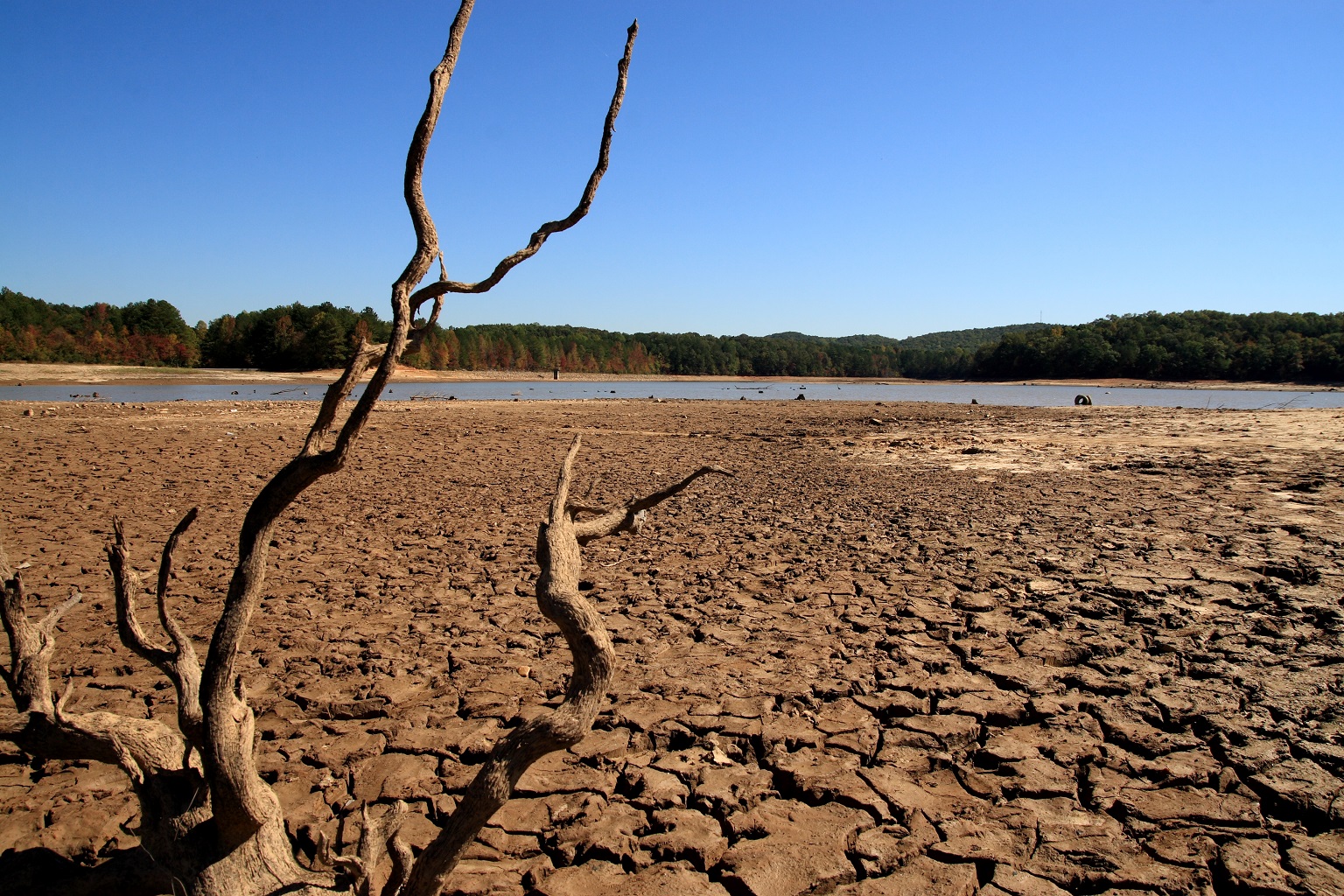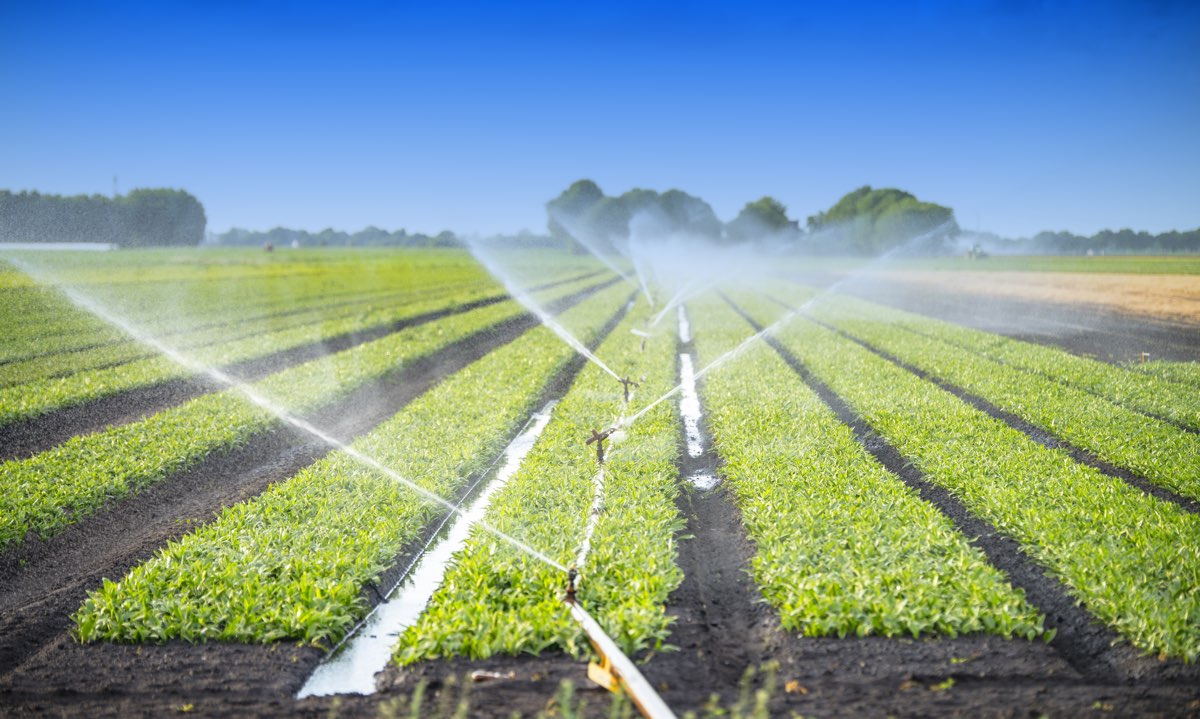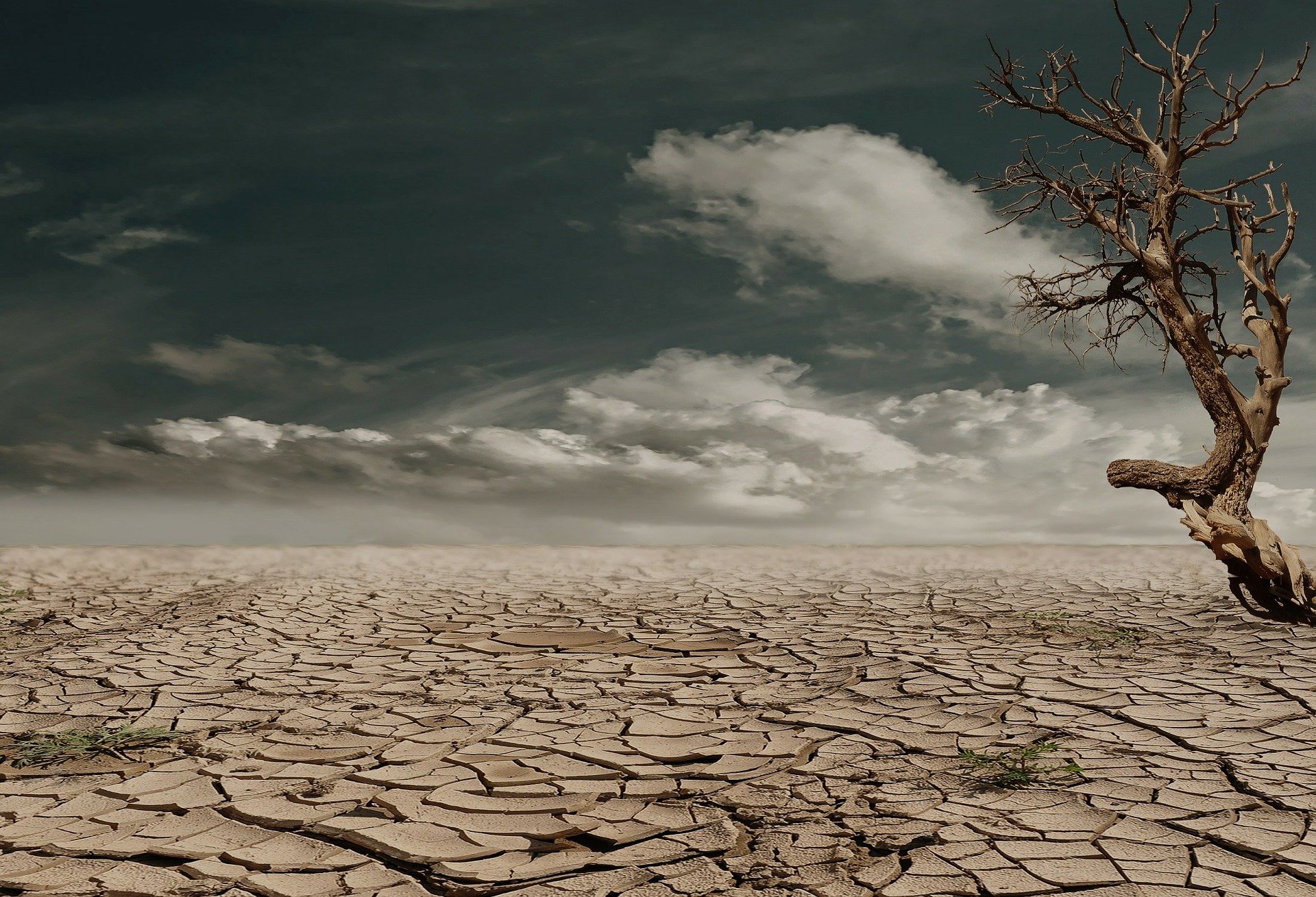The water is a good that we take for granted, but it isn’t. Unfortunatelly it is a resource as much precious as fragile and, unlike what we believe, it’s limited. What opens up for us is a scenario where the water will start to run low everywhere on the planet and the human being will have to face an unprecedent water crisis.
Is it already too late to recover?
According to someone it’s already too late, the process started is now irreversible and we only get prepared to the crisis that will arrive. Remaining without the water means die of hunger, of thirst, of starvation. It means fight with the diseases that will arrive.

There will be new migrants, they will be called climate migrants. There will be an ever higher gap between who will have the access to the resources and who will not. There wil be riots, revolutions and urban wars, until to arrive to real world wars.
However less pessimistic scenarios say that there is still a hope we only need to join the forces and try to solve the problem. We have to change our habits and learn to live in a more sustainable way, only in this way we will avoid a real humanitarian disaster.
How much water do we use?
The planet Earth is covered for the 70% of water. So why is it running low?
Of the whole water on Earth more than the 97% is the salty one of the oceans. Only about the 2,5% is fresh water. But of it about the 70% is frozen in the glaciers. So, at the end of all, of all this plenty, only the 1% of it can be used.

The water is used basically for everything. We only have to look around and think that all we see to be produced needed water.
The farming sector uses about the 70% of all the water available for all humanity in the whole world. The industrial sector uses about the 20%. The water that arrives inside our homes is only the 8%.
Even if we should consider the water a very precious good, in reality we waste an incredible quantity each year. According some studies the human being waste about 66 trillion of gallons of water. A quantity of water about three times larger than the Ginevra lake.
The water will start to run low for everyone
Going on like this very soon the water will start to run low for everyone, everywhere on the planet. Every day about 2,8 billion of people live in a condition of lack of water, while to completely remain without the access to the potable water are about 0,9 billion of people.
But these numbers might increase very soon. In a not too far future the people in conditions of lack of water might be more than 5 billions.
The request of water grows of the 1% each year. But this isn’t the only problem. While the request is growing the availability of water decrease, because of the climate changes and of the pollution. Therefore the waste water that are dumped in the environment are the major cause of natural disaster.
Continuing in this direction with this rythms we will have double of people in conditions of lack of water until the 2050. To increase there will be even the people that will live in areas affected by floodying.
The research about the drought that is going to arrive
A research of the Michigan State University, published on Nature Climate Change, shown a scenario not very comfortable. By considering the increase of the level of pollution and the climate changes, until the end of the century the areas of the planet affected by drought will triple.
“The slice of population that will have to face with long periods of drought is destined to increase, if the global warming will go on like now and we don’t apply global changes in the politics of management of the water.
The areas of the south hemisphere where already now we see long periods of extreme drought will be affected more, and this brings us to an easy prediction of a situation that will drammatically affect the food conditions in that regions, and it will supply wars and migratory roads of the ones that will be, ever more, the climate migrants”.
According to the team the predictions are very realistic and pessimistic, but, maybe, there is still a hope to change the future, by prompty acting today.
This post is also available in:

